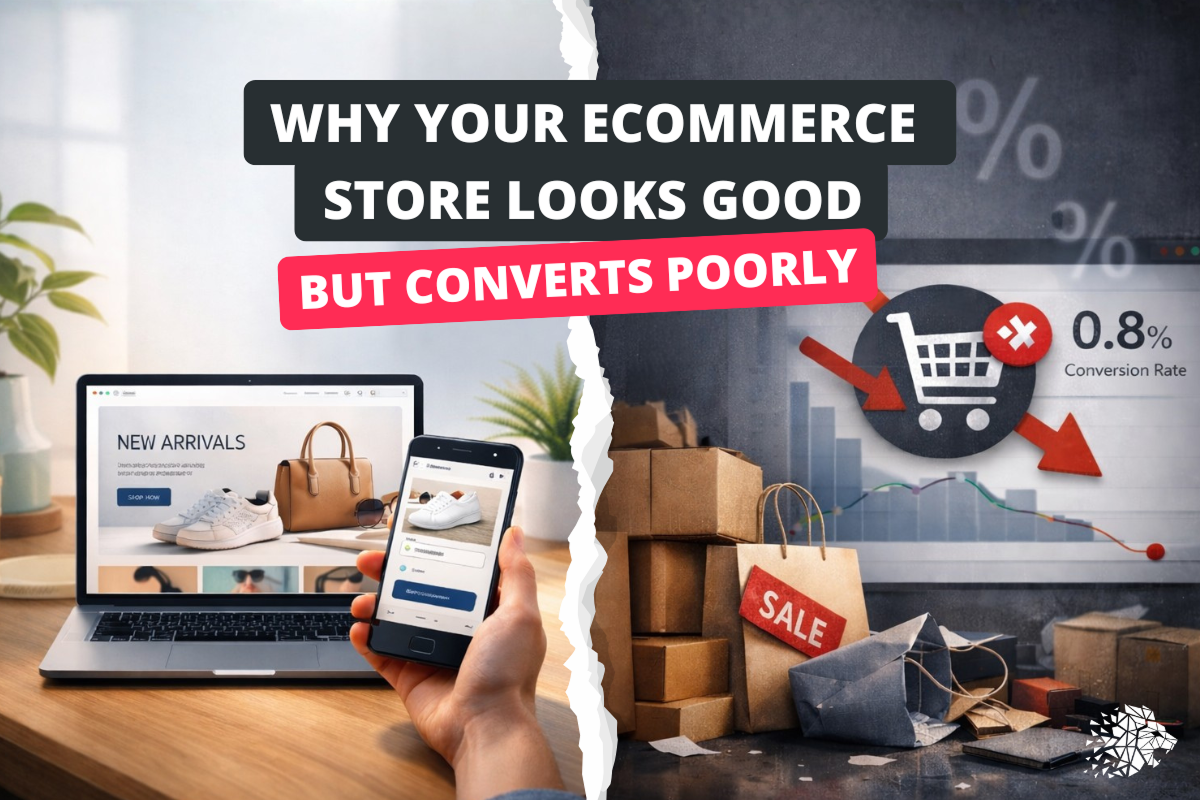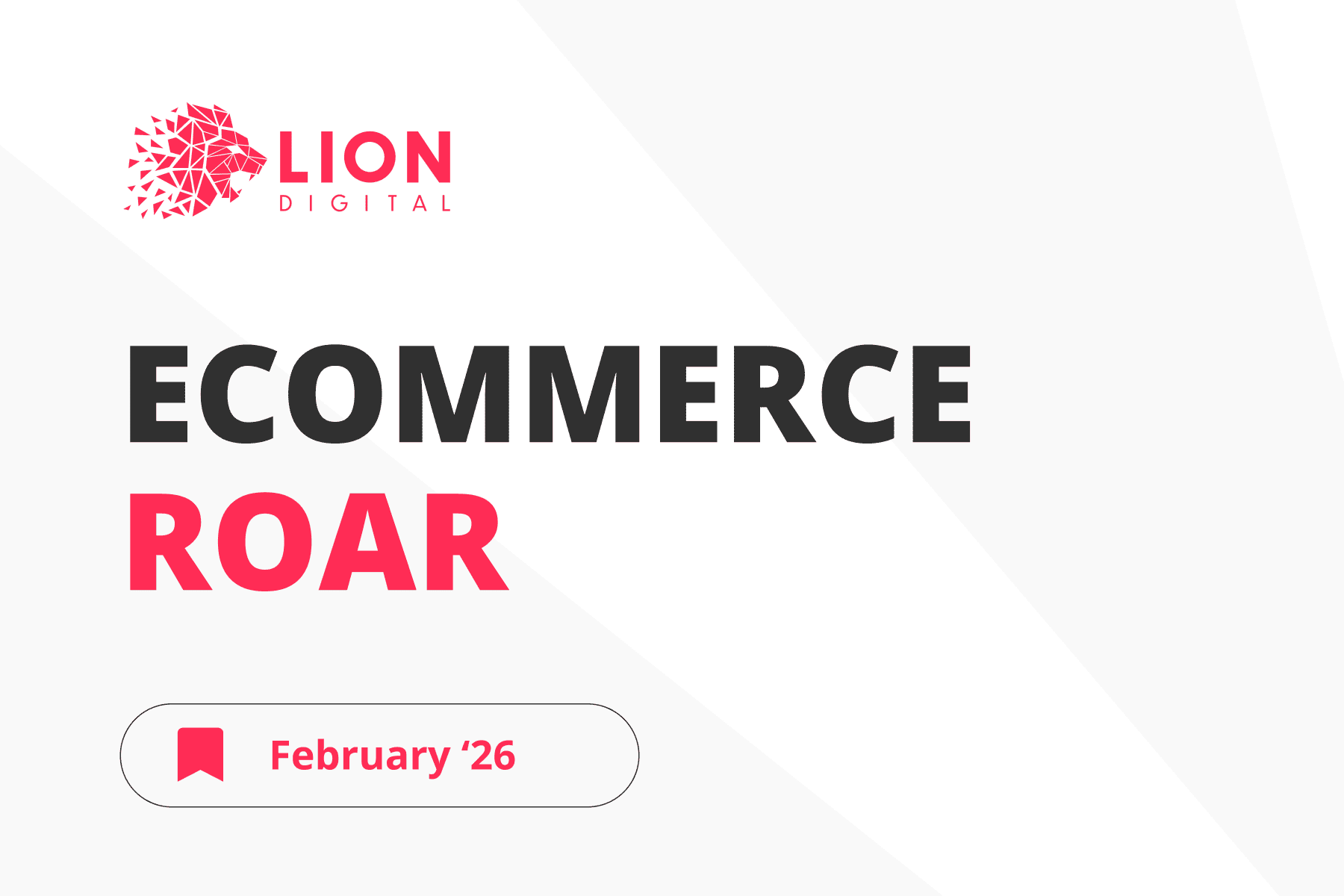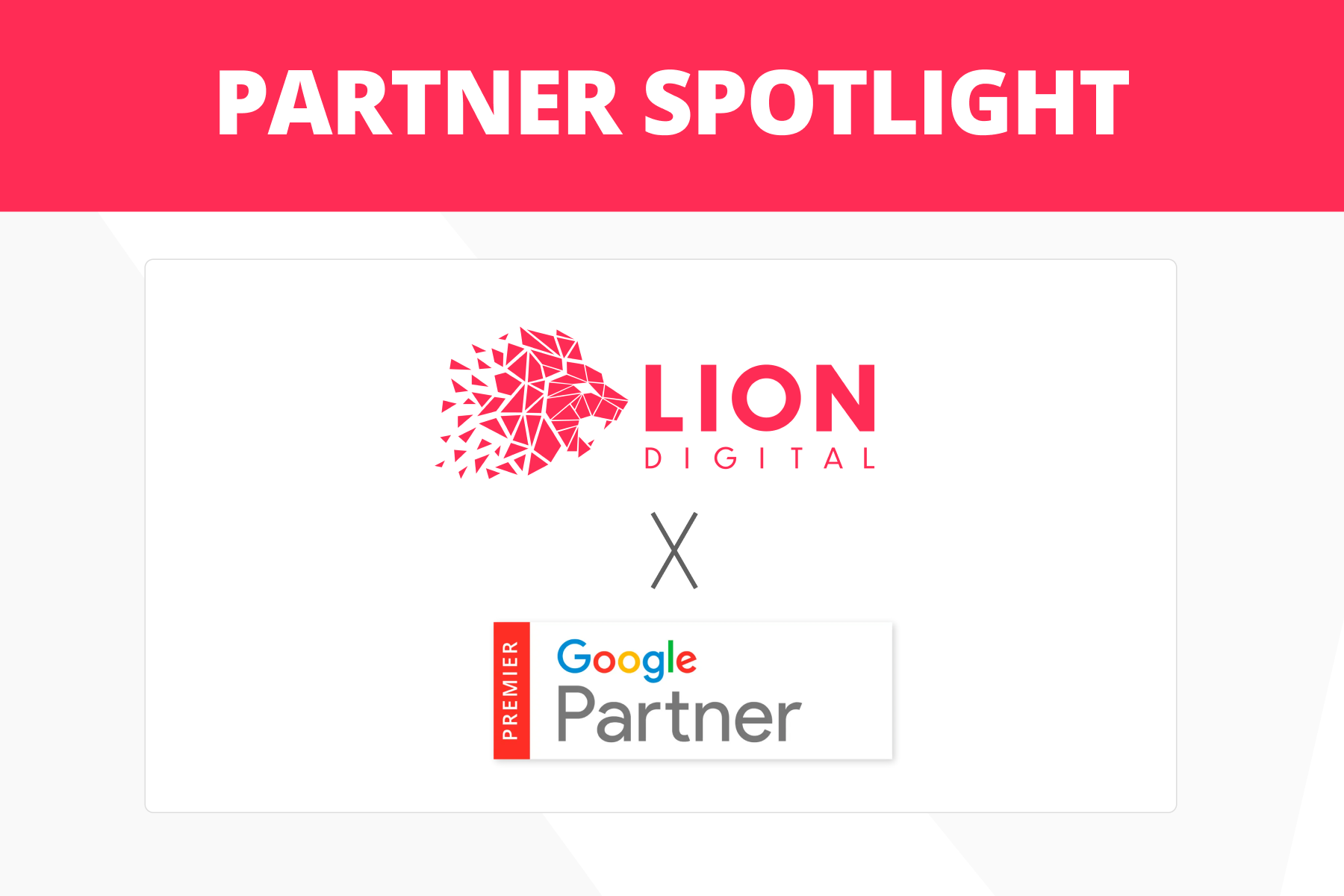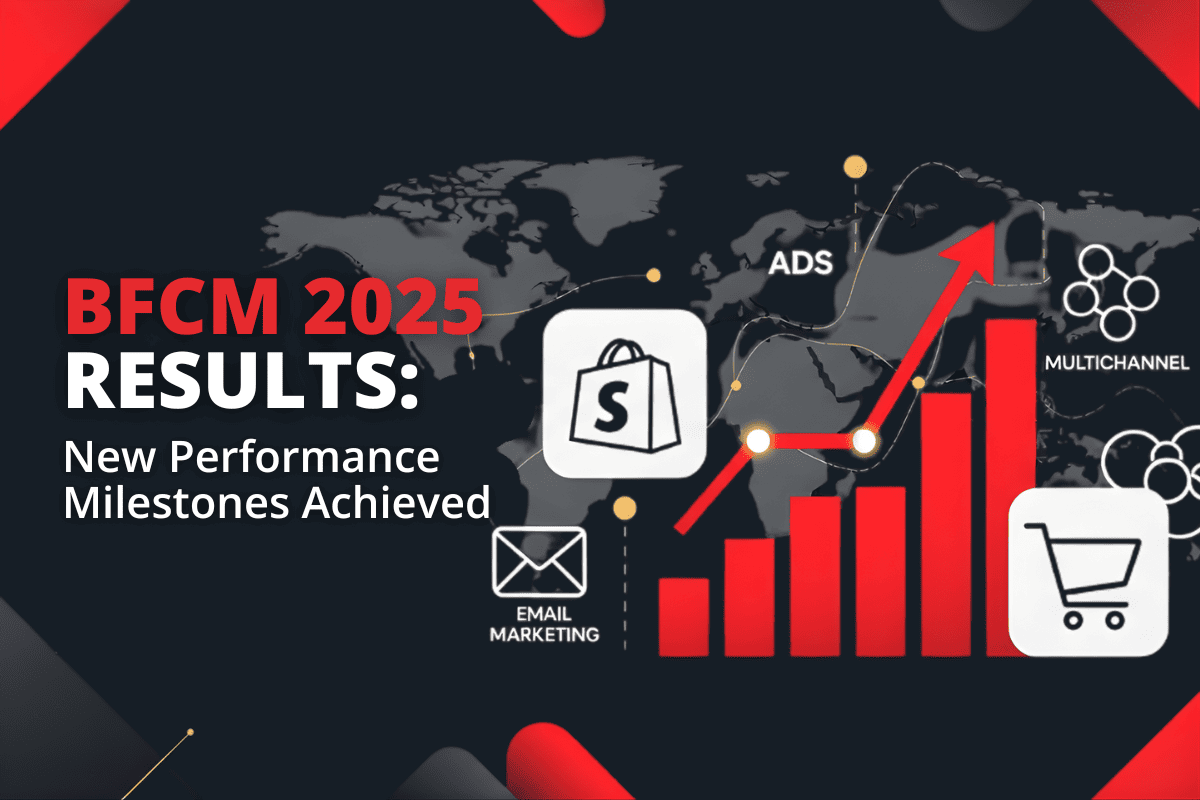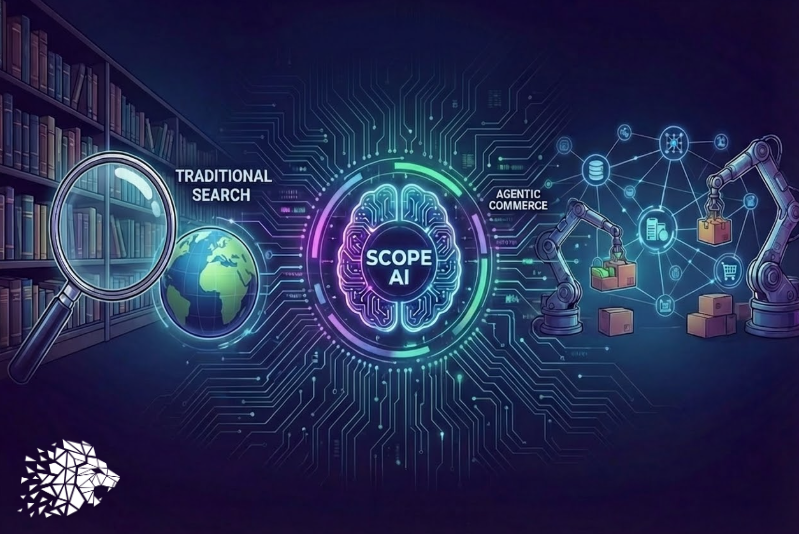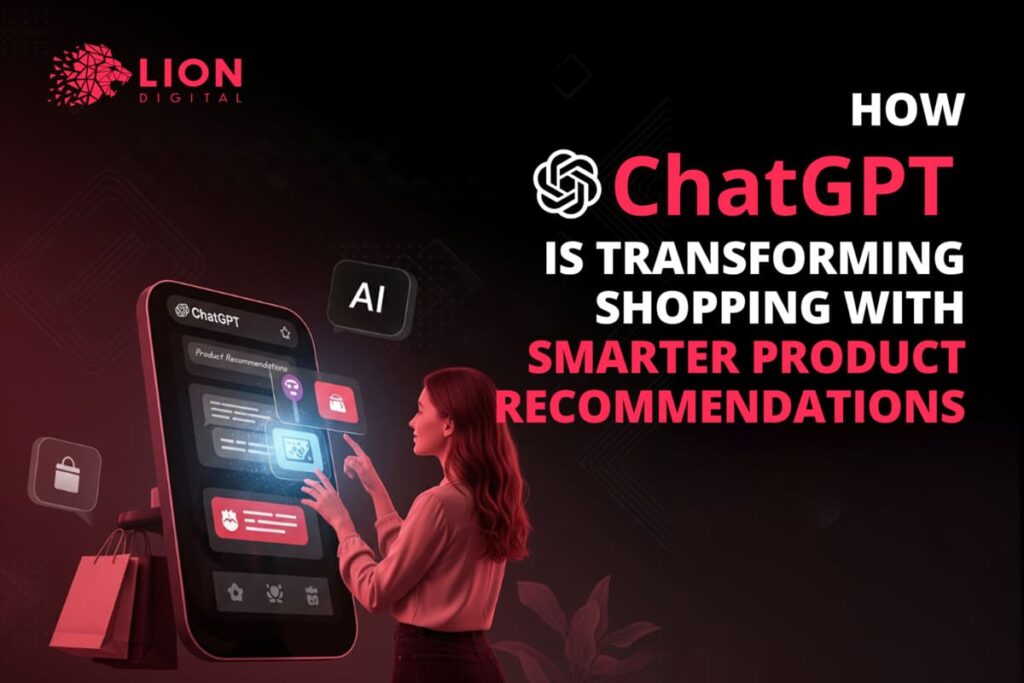
Ecommerce has got a major upgrade. This year, OpenAI launched two impressive features: ChatGPT Shopping that lets users search and compare products and ChatGPT Checkout that allows shoppers purchase goods directly through conversational AI. Instead of jumping between multiple websites and tabs, users can now ask ChatGPT to search across different platforms for product recommendations and also add specific requirements to refine the results. And if they go to a specific site for purchase, an AI-powered bot will lead them through the payment process, apply discounts, and provide shipping information.
It’s the beginning of conversational commerce, when artificial intelligence becomes your personal shopping assistant. For retailers and eCommerce brands, it means more competition while also more opportunities in digital marketing.
Product Shopping with AI: How It Works?
The ChatGPT Shopping tool transforms product discovery into a conversation. Users can ask questions like “What’s the best laptop to buy for work?” or “Show me the best sofa bed under $1500” and receive curated product recommendations with detailed information.
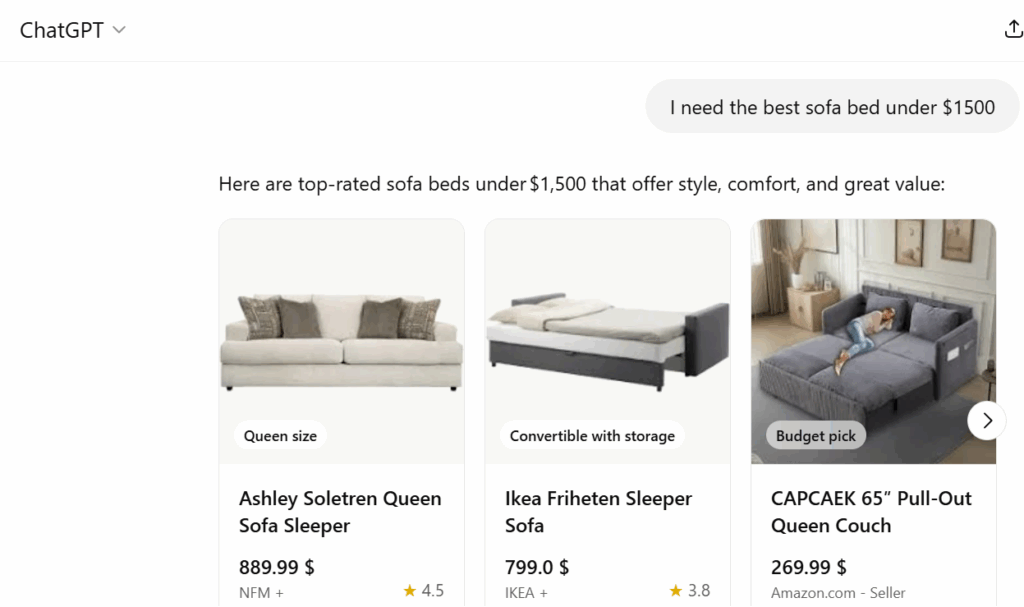
The AI shopping app analyses purchase intent in real time, considering query content, commercial relevance, reviews, and product popularity across merchant sites. The results come in a carousel of product cards, each with a high-quality image, current pricing, customer reviews, technical specifications, and a list of merchants where you can buy that product. ChatGPT Shopping assistant may also provide helpful tags like “Popular” or “Budget-Friendly” and ratings.
What makes this different from traditional search is the conversational flow. Shoppers can ask follow-up questions and refine their buying criteria. They can specify budget constraints or brand preferences or tell what resources to use when choosing products. It’s an ongoing dialogue that helps narrow down the perfect product and gives ChatGPT more info about users’ preferences to create a better-customised search feed next time.
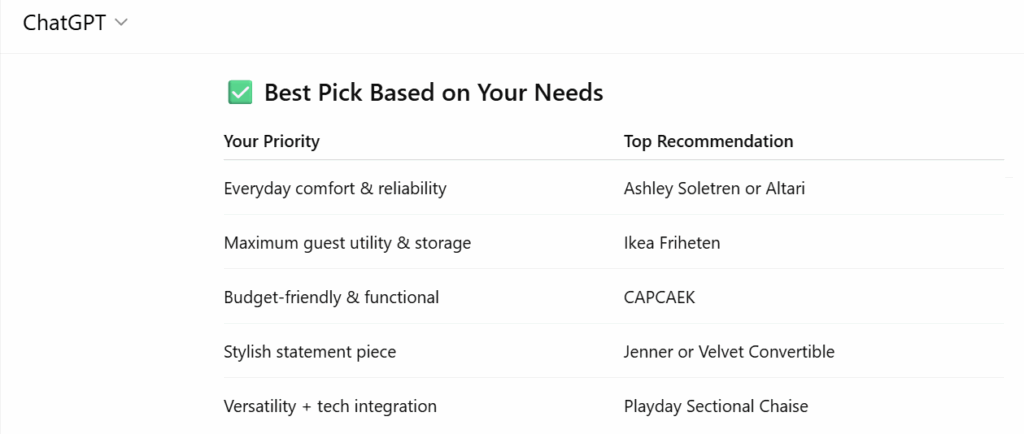
The tool also provides explanation sections like “Why you might like this” and “What people are saying” to clarify the AI’s reasoning and guide purchase decisions.

Chatbot Shopping vs. Google Shopping
At first glance, ChatGPT Shopping looks similar to Google Shopping since both show product cards with prices and retailer options. However, the core difference is how the results are chosen.
Currently, the ChatGPT Shopping feed is entirely organic—no paid placements like in Google Shopping. AI shopping helper selects products based purely on relevance, popularity, and data quality, so retailers can’t pay for prominent positioning. This creates a more unbiased shopping environment: the best-matching products naturally get to the result feed.
While Google’s algorithms weigh paid campaigns and SEO signals, ChatGPT Shopping assistant relies on natural language processing. It feels more like consulting a knowledgeable friend or an industry expert than searching a database.
Furthermore, the ChatGPT Shopping feature can be added into Shopify stores, completely transforming the way people shop online.
ChatGPT Checkout System: A Powerful Tool for Shopify Stores
The shopping experience doesn’t end with finding the right product, and ChatGPT now can lead shoppers all the way through checkout. This is what the Shopify ChatGPT Checkout system offers—a comprehensive solution.
Instead of browsing through endless product pages and adding everything into the shopping cart, customers just talk to ChatGPT-powered bots embedded on Shopify storefronts.
These AI assistants handle every aspect of the buying process:
- Product discovery. Customers describe what they need in their own words and receive instant recommendations—a specific product or a list of products that match the description.
- Queries resolution. If customers have questions about sizing, stock availability, fit, shipping times, or return policies, the AI provides all the requested info like a knowledgeable sales associate would in a physical store.
- Recommendations. Based on customer preferences, purchase history, and current trends, the AI chatbot suggests complementary products or upgrades that may add value to the purchase.
- Discount application. The ChatGPT Checkout system can automatically detect and apply available discounts and promotional offers during the conversation.
- Payment. Once customers confirm their selections, the AI guides them through a secure payment process within the chat interface. It doesn’t redirect you to a separate checkout page—you enter your payment details in chat, and the bot confirms the purchase.
- Post-purchase support. The AI sends order confirmations, shipping updates, and helpful care instructions after the payment is complete.
That’s the “magic” of the Shopify integration with ChatGPT Checkout. AI gets access to Shopify’s structured database of products and leverages its payment system. Shopify merchants get a smart tool to reduce cart abandonment, lower customer acquisition costs, and improve conversion rates. Customers get an easy way to find, choose, and buy products. It really is a new era of online shopping.
What It Means for eCommerce Brands
The use of AI in shopping changes everything in marketing strategies. ChatGPT Shopping could potentially redirect significant traffic away from Google and major marketplaces, so brands must find ways to appear in this new AI-driven shopping search engine.
Since results are selected based on relevance, popularity, and data quality, merchants need to focus on creating meaningful content and building a trustworthy reputation. Their products need to show up in context-relevant, high-trust places: editorial ratings, forums, review platforms, and other resources AI systems learn from.
As the shopping feature is new, OpenAI welcomes retailers to submit product feeds directly to ChatGPT. The system has not yet been launched, but brands can send their applications now to stay ahead of the competition.
For Shopify merchants, ChatGPT Checkout integration is a must now. You can use Shopify apps powered by ChatGPT or build a custom GPT and connect it via Shopify’s API. Either way, AI checkout systems give an opportunity to create exceptional shopping experiences for customers that make your store stand out.
However, these AI shopping innovations call for new optimisation strategies. With AI-powered shopping on the rise, traditional SEO alone is not enough. Advanced marketing agencies, like LION Digital, are now exploring GEO (Generative Engine Optimisation) or LLMO (Large Language Model Optimisation) and looking at overall customer “search” opportunities. This approach focuses on maximising brand visibility within an AI-generated shopping feed. The main aspects to work on:
- Clear, detailed titles and descriptions
- Up-to-date availability, pricing, shipping costs, and return policies
- High-quality images and verified reviews
- Well-structured content using natural, conversational language.
AI favours content that fits naturally into dialogue, so product pages should address real-world questions like “Which office chair works best for remote work?” rather than generic terms like “office chair”.
At LION Digital, we stay ahead of current digital trends and create customised SEM strategies for each client using advanced marketing tools. Our team monitors updates and AI shopping innovations to integrate these developments into our work. Our goal is to help brands position themselves effectively in current markets, and since conversational commerce is becoming the norm, we adapt our approach to ensure their businesses succeed in this new reality, too.
Looking Ahead to Conversational Commerce
ChatGPT Shopping is just the beginning. Other platforms are also working in this direction. Perplexity chatbot now offers shopping recommendations for Visa users. Google has already integrated generative search and is doubling down on AI-powered shopping.
The future of eCommerce is evolving. Conversations are replacing clicks, and smart recommendations are replacing static results. Brands must evolve alongside these tools to stay competitive. If you’re ready to adapt to the future of eCommerce, contact our team for a personalised consultation. With a flexible multichannel marketing plan and a carefully crafted SEO strategy, LION Digital can help your brand stand out and lead the market.




